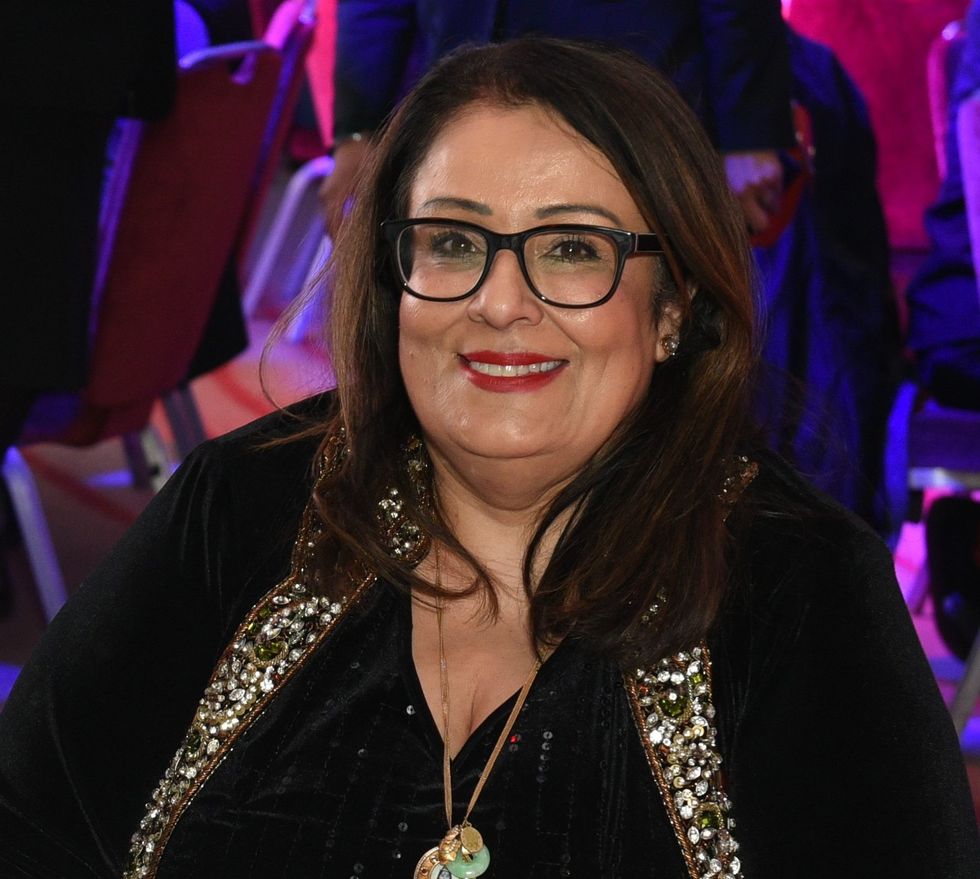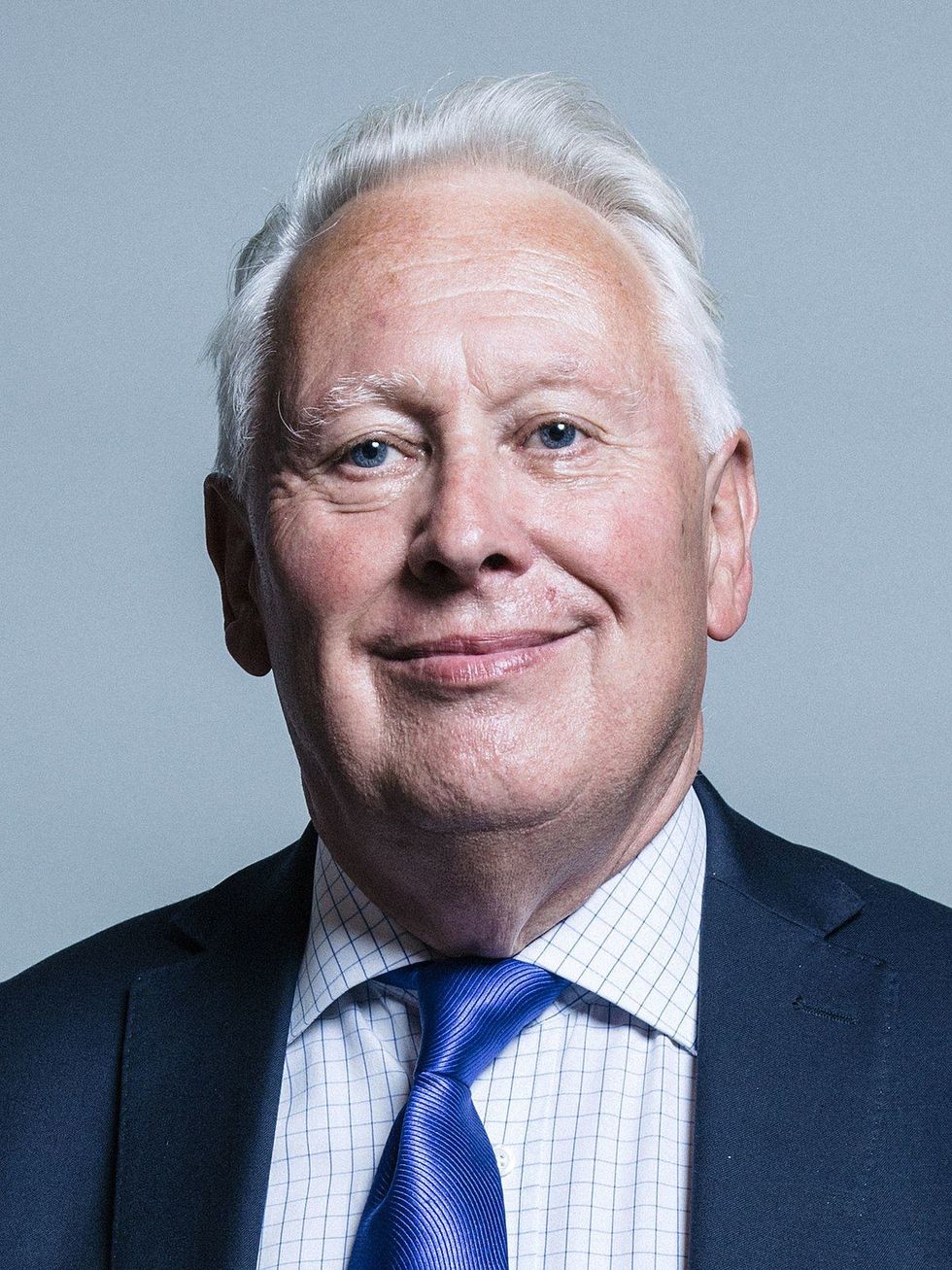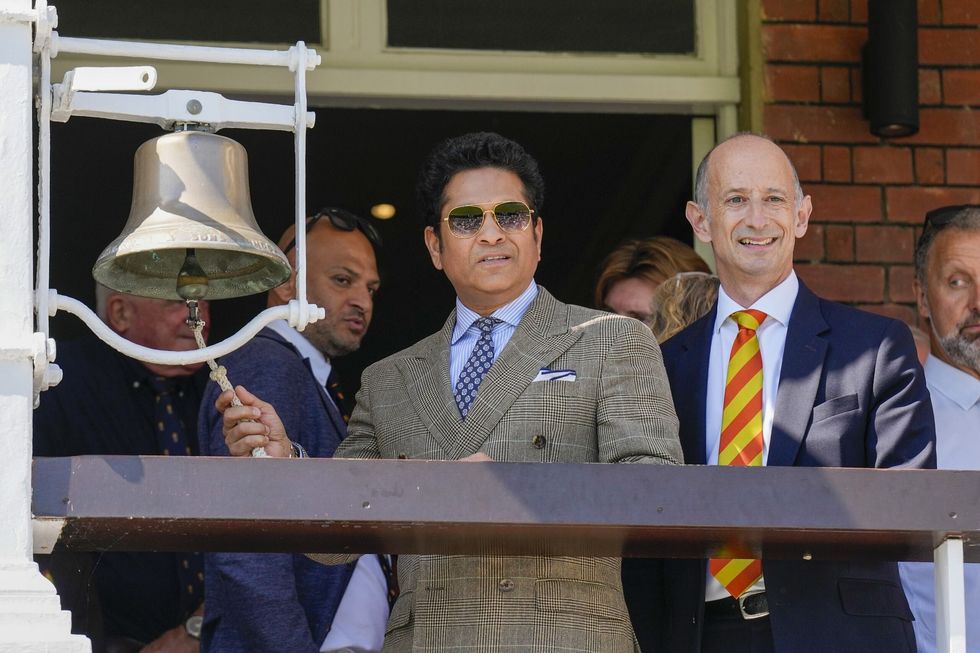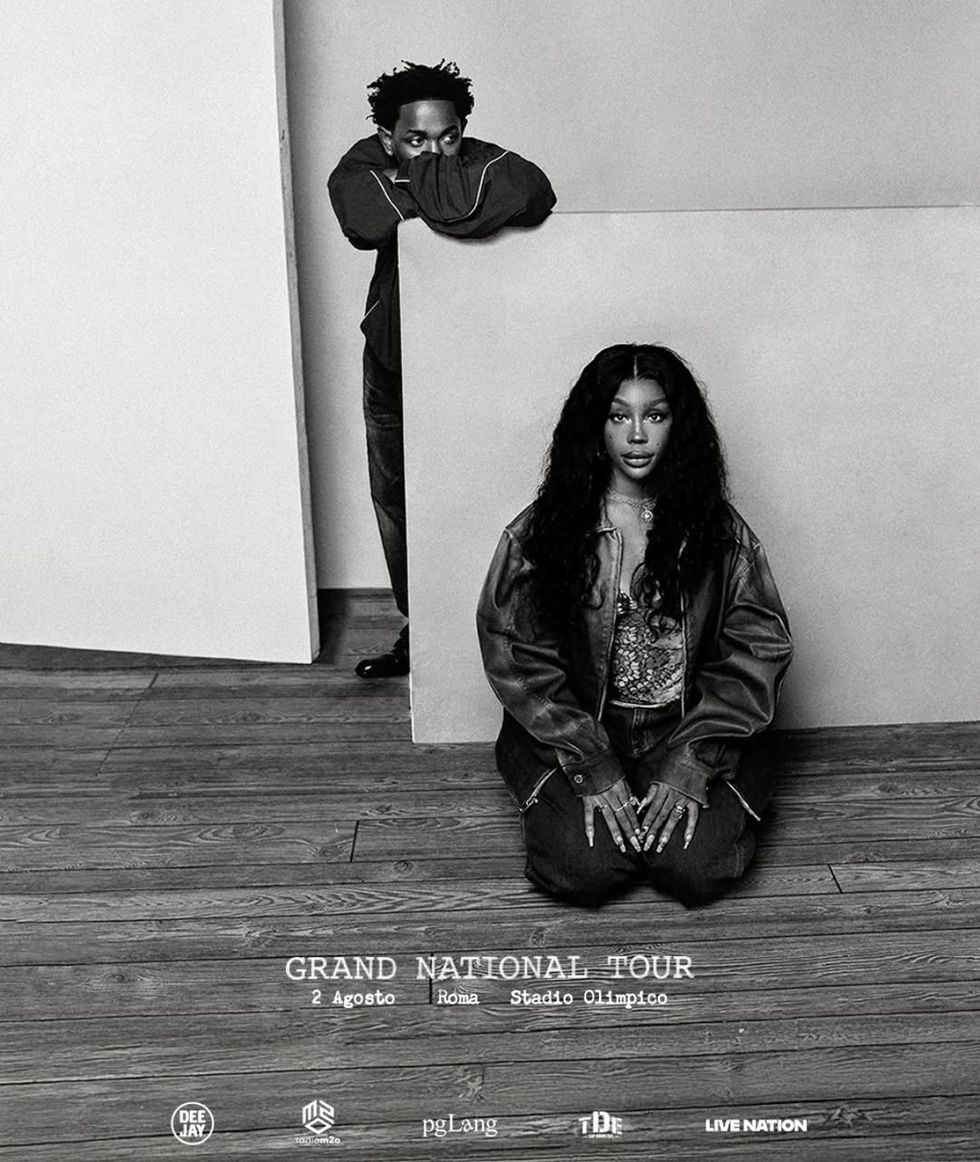An experienced south Asian Crown court judge has called on the body which appoints and promotes justices to investigate the culture of bullying and racism which exist in the profession.
Judge Kaly Kaul QC’s comments coincide with a so called “independent review” of the recruitment process by the Judicial Appointments Commission (JAC).
Eastern Eye can reveal that JAC consultants interviewed just 0.24 per cent of judges in England and Wales.
Kaul is taking her employers to court over allegations of bullying, and she corresponded with Eastern Eye in her capacity as the founder of the Judicial Support Network (JSN).
“We invite the JAC to challenge the judiciary, it is supposed to be independent after all,” she said.
“Ask about bullying, discrimination, unfair allocation of tickets, authorisations, opportunities for advancement, favouritism by leadership judges, presiders and others.

“Ask them why judges appointed via the JAC with known disabilities do not receive the reasonable adjustments to which they are entitled after appointment.
“Ask why judges describe us as a JAC ‘tick in the box’, ‘not up to the job’, just as some of us were described in silk, as ‘well we have to appoint some of them, so s/he is pleasant enough.’
“I am nearly 40 years’ call. Will this ever end?
“We invite the JAC to stand up for the principles it is meant to uphold, work with us, work for a strong, truly independent, diverse and inclusive judiciary.
“Diversity of truth matters too. All we want to be is the best judges we can be and treated with dignity and respect.”
“Whitewash”
Several judges and lawyers have described the “independent review” as “a whitewash and wasted opportunity”, Eastern Eye has found.
They have questioned the independence of the findings after the report made clear they interviewed just 18 people chosen by the JAC and Judicial Office (JO).
Only 12 of these were judges. In April 2020, government figures revealed there were 5,000 court and tribunal judges.
That means they spoke to just 0.24 per cent of available judges.
The remaining six people were made up of JAC staff and three from the Law Society, Bar Council and Chartered Institute of Legal Executives.
The review report admits that statutory consultations, or secret soundings, where senior judges can, in effect, blackball candidates they do not like, “leads to a perception of lack of transparency”.
“It is clearly not independent as the numbers were limited and the people handpicked by the JAC,” said one south Asian judge on the condition of anonymity.
“They are well aware of judges who have complained to the JAC saying that they believe their ‘statutory consultation’ had undermined the results of the selection procedure and led to refusal for promotion.
“Furthermore, they have refused to show those judges their statutory consultation as the rules allow.
“Wouldn’t it have made more sense for these judges to have been given to the consultants?
“Then they could have seen first-hand if those who fear the worst speak the truth?”
Secret soundings
On its website, the JAC said, “Statutory consultation – which was put in place by parliament – is one aspect of the selection process for judicial appointment which is carefully used alongside a wealth of other evidence to make sure we select only on merit, those of good character.
“Among our many equality measures, JAC panels receive tailored training to assess evidence from non-traditional routes, all shortlisting is name blind and where two or more candidates in a selection exercise are judged as being of equal merit, we can give priority to one or more candidates from underrepresented groups through our equal merit approach.”

But the consultants, Work Psychology Group (WPG), make clear that some judges are unhappy with the way decisions are made in secret.
“There is an absence of statutory consultation comments for some candidates and this impacts on the consistency, reliability, and the perceived fairness of the process,” the consultants conclude.
“Our desk review of evidence packs revealed that not all candidates receive statutory consultation comments when sought, with several reasons being given for this, for example some candidates are unknown to the named statutory consultee.
“Therefore, statutory consultation comments are used to support the selection decisions of some candidates but not others which could differentially impact on candidates.”
WPG’s report confirms what judges have told this newspaper time and again – candidates cannot challenge what is said about them in secret.
“Statutory consultation comments received before a [s]election [d]ay can support the selection panel with making recommendations about candidates, but candidates are not given the opportunity to directly refute comments,” the report points out.
“Statutory consultation comments are not shared directly with the candidate and as such that there is no opportunity to directly respond to and/or refute negative comments.
“This could potentially impact on the fairness of the process for a candidate.”
“Incredulous” report
Judges who have read the review report and the JAC’s interpretation of it told Eastern Eye that they were “incredulous”, “dismayed”, “disheartened” and “disappointed”.
“The JAC has marked its own homework,” said one judge. “It picked the consultants and then those consultants only spoke to very limited people.
“The JAC is meant, constitutionally, to be independent of the judiciary.
“Well reach your own conclusions.”
The JAC review promised an “independent review” during a justice select committee hearing last June.
MPs questioned its chair, Lord Kakkar, and other senior members because of a series of exclusive revelations by Eastern Eye about the culture of racism, bullying and fear in the judiciary and so-called “secret soundings” when appointing judges.
In 2019, Judge Claire Gilham won a landmark case against the Ministry of Justice after blowing the whistle on bullying and racism in the judiciary.
Withering analysis
Speaking on behalf of the Judicial Support Network (JSN), she was withering in her analysis of the JAC and its latest report.
“When I took the grievance for whistle-blowing detriment that led to my win in the Supreme Court it concluded that I was significantly overqualified for my district judge role,” she told this newspaper.
“Yet at no time in my 24 years’ service has any leadership judge discussed career progression with me.
“That was as I expected as it had been explained to me before I applied. I couldn’t join a union, could never speak out.
“The leadership judge explained that he would like to be able to appoint me to a more senior role, but it was impossible with my background.
“I’m sorry to see that it is only pressure that leads to change and it’s the kind of forced change that is made without admission so facilitates lip service and bad practice going underground.
“My young peers now can expect to go up one rung but never further.
“Those positions are still reserved almost exclusively from those of the right sort who come in after a lucrative career in practice as barristers.
“A very narrow range of experience and values come into power.”
Along with Judge Kaly Kaul, Gilham founded the JSN.
“This report skims the surface, and we hope will trigger a much ‘deeper dive’ by a more independent organisation,” Kaul told Eastern Eye in her JSN capacity.
“It does not deal at all with the non-statutory consultation and the rumours and discrimination that block able candidates, often obliquely disguised and impossible to challenge.
“This report won’t change very much, indeed the JAC says as much in its response. It is a wasted opportunity.
“We would call for an academic led, independent investigation.”
Law Society response
The Law Society, which took part in the review did not pull its punches.
“There is virtually no chance of achieving a diverse judiciary that mirrors diverse Britain because the very recruitment process that claims to deliver that goal has failed,” it warned in a press release.
Its president, Stephanie Boyce, the first black woman to lead the organisation, which represents 140,000 solicitors in England and Wales, was scathing about the JAC.
“The Judicial Appointments Commission spends a good deal of its time promoting the case for minimal change, but the need for reform is clear and so too is the need for them to engage with key stakeholders. Just one per cent of England and Wales’s judiciary is Black – and that hasn’t changed since 2014,” Boyce warned.
“Part of the problem is the JAC is misinterpreting the statutory consultation rules, a practice some commentators refer to as ‘secret soundings’ over suitable candidates, rather than as a process of identifying what experience and abilities go to make up a good judge.
“Rather than trying to justify a failed process the JAC should engage with what it actually delivers.
“There is no doubt that applicants from under-represented backgrounds are much less likely to be successful in making it through judicial selection.”
Writing in last week’s Eastern Eye, the founding member of the Society of Asian Lawyers and a founding member of the Bar Human Rights Committee, the barrister, Sailesh Mehta, said he wanted real change in the JAC.
“A new chair and new members not chosen from the usual “good and great” stable would be a start,” he opined.
“The JAC needs fresh ideas and fresh blood. It needs to acknowledge its failings.
“The system of ‘secret soundings’ has been discredited and must be abolished from every appointment process.
“The mounting cases of complaints of unequal treatment by BAME judges needs to be dealt with quickly and sympathetically before the discontent mushrooms and infects the whole system.”
JAC changes
While the JAC said it would make some changes, it will continue to use secret soundings in most appointment applications.
It appears to suggest that any adverse comments will now be put to candidates at interview.
But those we have spoken to said this will not work out in practice because candidates effectively blackballed will never make the short list for interview.
“What this exercise shows,” said one white judge, “is that it confirms what we have been saying – ‘sub consultations’ take place which is outside the legal scope of statutory consultation.
“The consultants also call for a review of the legal risks of the processes, something we’ve been advocating for some time.”
Judge Claire Gilham concluded that the JAC “had produced an opaque report with only the name of independence from a commissioned agency talking only to those on the inside, with its outcomes coded.”
“The most objectionable guidance that actively sought gossip it would ‘read between the lines’ about candidates has been quietly dropped,” she said.
“But will those who abused the old system not continue to misuse their power unless and until these hints and prejudices are explicitly condemned?
“I have no confidence in it. I still cannot see how it can be right to order and prefer candidates on subjective secret assessments of their character they never know about.
“Friends are boosted and the diverse damned.”
Gilham said the unfairness of the current system meant that it hides “the fact that it was a secret report that had really led to their failure.”
“We need a thorough reform,” she said.
“This lack of judicial diversity and the containing of the diverse has implications that are of public interest.
“Justice is still punching down from the bench.
“That has implications not just for the individual facing us but for our priorities in the judicial system and how we feedback how the law works and who for.
“The echelons above the voices and experiences of prejudiced groups and poverty that are overwhelmingly kept in the lower courts get turned back at the glass ceiling and are not heard.”

We approached the justice select committee, a group of MPs, our elected public servant supposed to scrutinise the judiciary, to see whether it thought this was an “independent” and “viable” survey.
The committee’s white chair, Sir Bob Neill is a former barrister.
When we first broke the story of a culture of racism and fear in the judiciary in July 2020, and we gave it our evidence, the committee refused to act.
It only held its hearing with the JAC in June 2021 when judges read our stories decided that enough was enough.
In true form, Sir Bob and the new clerk to the committee decided that it was not worth their time to acknowledge or respond to a matter of clear public interest.






 (Photo credit: PTI)
(Photo credit: PTI)










 Kendrick Lamar and SZA commands the stage at Villa Park during his explosive opening setInstagram/
Kendrick Lamar and SZA commands the stage at Villa Park during his explosive opening setInstagram/
